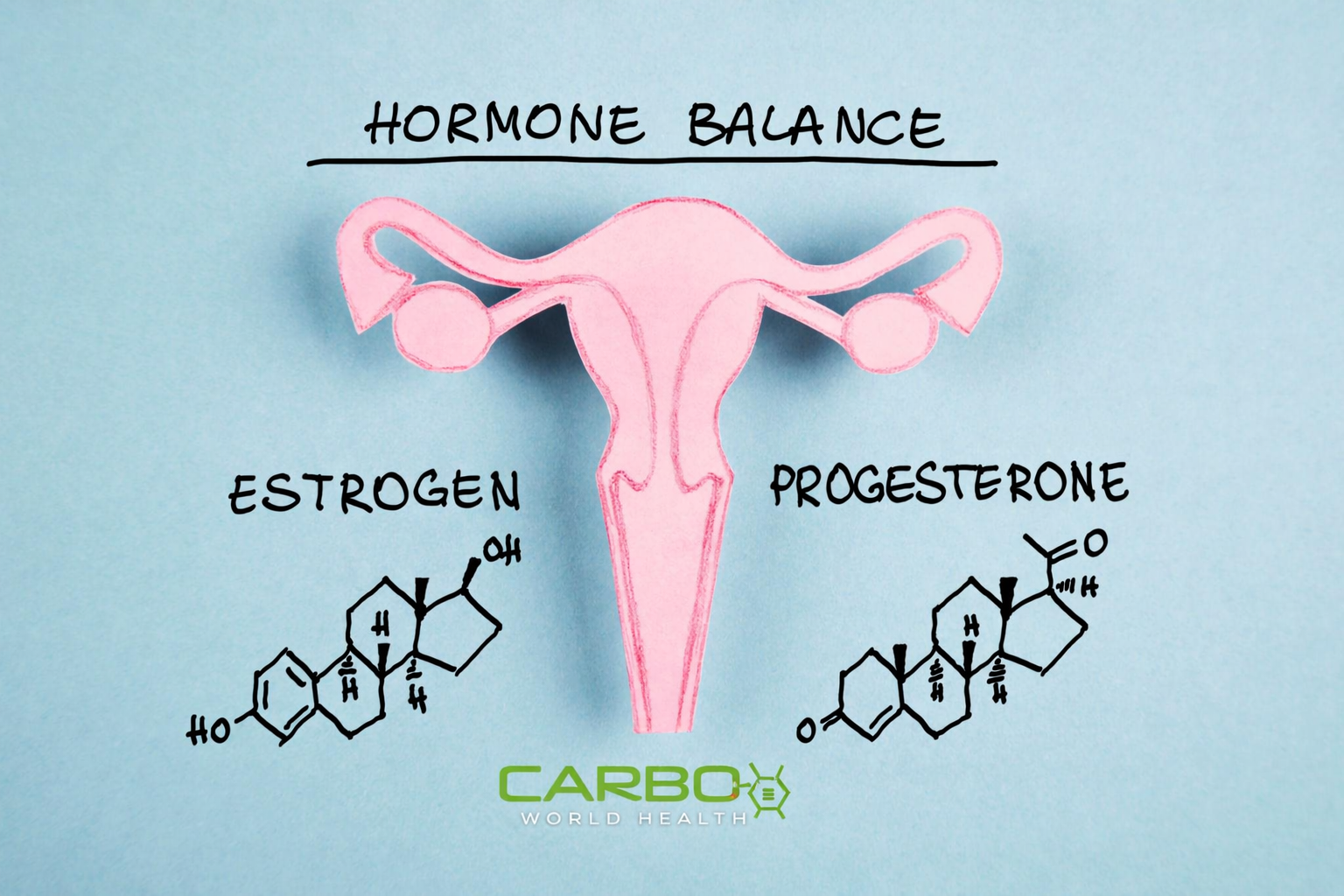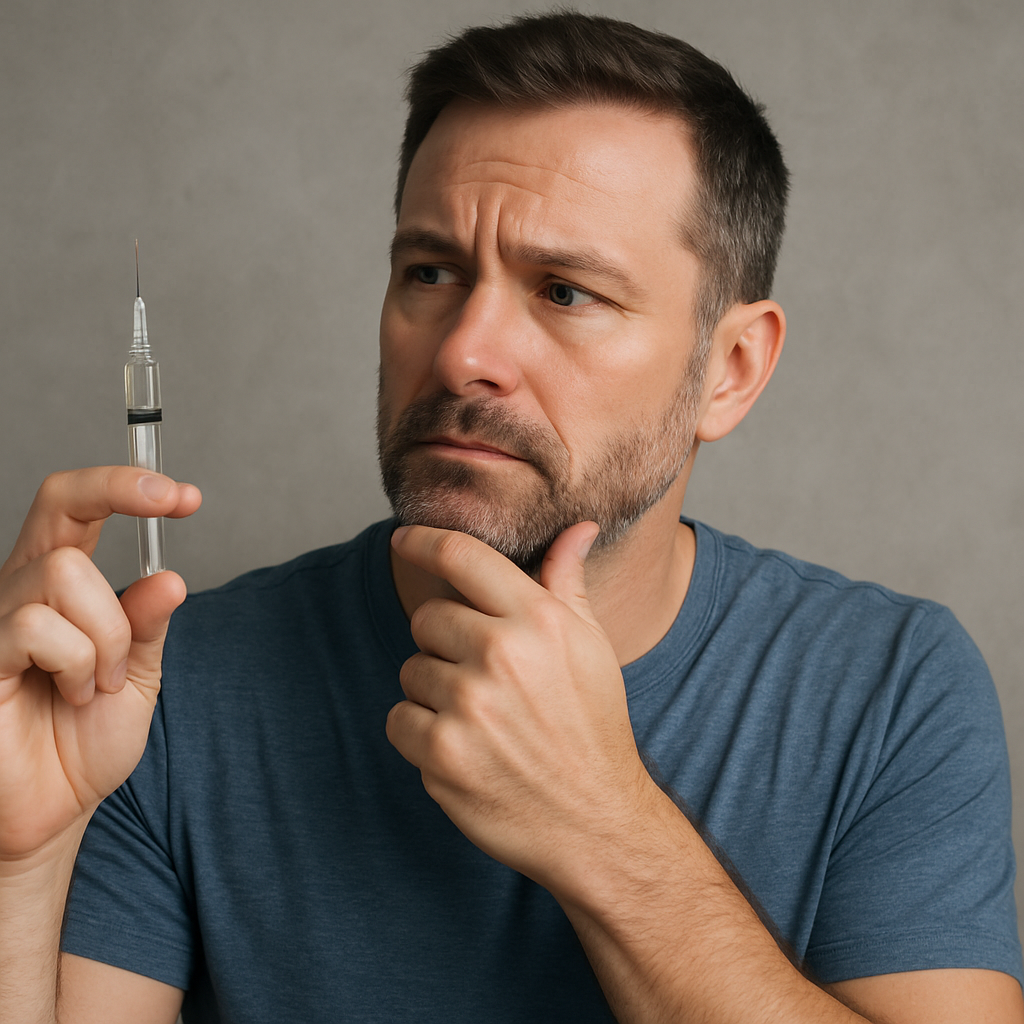
Many factors, including hormone imbalances, thyroid problems, and medical conditions like diabetes or obesity, can cause low libido. A healthy diet can boost your libido by improving hormone balance and promoting healthy blood flow.
As we near Valentine’s Day, let’s look into low libido in both men and women.
First, what is low libido?
Low libido is a condition in which you have a decreased interest in sex. It's more common than you might think and can affect men and women of all ages, but it's more common in women. Although libido changes may start at any age, it usually begins to decline between 30 and 50.
And… it’s complicated
Sexual desire is a complex process, and multiple factors can affect your interest in sex.
Many things, including aging and stress, may cause low libido. It can be a symptom of an underlying condition such as a hormone imbalance (low thyroid function or low testosterone), depression or anxiety, or diabetes mellitus (a disease in which blood sugar levels are too high). Low libido can also be a side effect caused by certain medications, such as blood pressure medications or antidepressants.
If you're experiencing low libido and want to know what's causing this problem, don’t be afraid to bring this issue up with your doctor.
In men, low testosterone levels may be the culprit
Low testosterone levels can lead to decreased libido and erectile dysfunction (ED). Testosterone is the hormone that's responsible for male sexual function as well as other bodily functions such as building muscle mass and strength, keeping bones strong, and regulating fat distribution throughout your body.
Erectile dysfunction is a common problem that affects men of all ages and is a big contributor to low libido. It's often associated with heart disease or diabetes, but you may also be at risk if you have high cholesterol or are overweight. Sometimes the cause is unclear; however, there are lifestyle factors that appear to contribute to erectile dysfunction and low libido:
- Lack of exercise can lead to poor circulation of blood around the body, which will result in lower levels of arousal during sex
- Lack of sleep can lead to low testosterone levels, leading to reduced libido for both sexes
Testosterone levels are measured in blood tests by a healthcare provider or with an at home kit available to buy online (home testing kits are only recommended if you have symptoms of low
T). If you've been diagnosed with hypogonadism–the medical term for low T--you may be prescribed hormone replacement therapy (HRT), which uses synthetic hormones like testosterone to increase the production of these chemicals naturally in your body.
It’s different for women.
Although hormone imbalances, health problems, and medications can impact women’s libido as well, stress is an important factor in women’s interest in sex. If you’re stressed about work or and are eating poorly due to that stress, your body will likely respond negatively by causing low libido and a lack of sexual attraction towards others.
Medical conditions could be a cause.
You may have heard of low libido as a symptom of depression and other mental health conditions, but it can also be caused by physical health problems. In addition to stress and anxiety, cardiovascular disease, diabetes, and obesity can all have negative effects on your libido.
If you think a medical condition may be causing your lack of interest in sex, talk to your doctor about it before reaching for libido medications.
There are solutions!
In most cases, the key to a healthy sex drive is to have balanced hormones and good blood flow.
To boost your libido, include foods rich in nutrients such as zinc and magnesium. These two minerals help regulate hormones, which can affect your sex drive. Zinc also plays an essential role in sperm production and health, so a deficiency could prevent you from naturally conceiving children.
As for some smart solutions, you should:
- Eat more fruits and vegetables and increase your fiber intake
- Avoid foods that are high in sugar
- Limit alcohol and caffeine, which can lead to an energy crash later on
- Exercise regularly--it's not just good for your body, but also your libido!
Before starting a diet to improve your libido, talk to your doctor. It's essential to find a doctor you can talk to and trust so that they can help guide you through making any dietary changes that may be right for your body. Ask them what tests should be done before making diet changes, like blood work or an EKG test (cardiac stress test).
If you're worried about your sex drive, Carbon World Health offers various programs that can address many of these underlying conditions that cause low libido. Call 608-709-8089 or Fill Up the Contact Form








